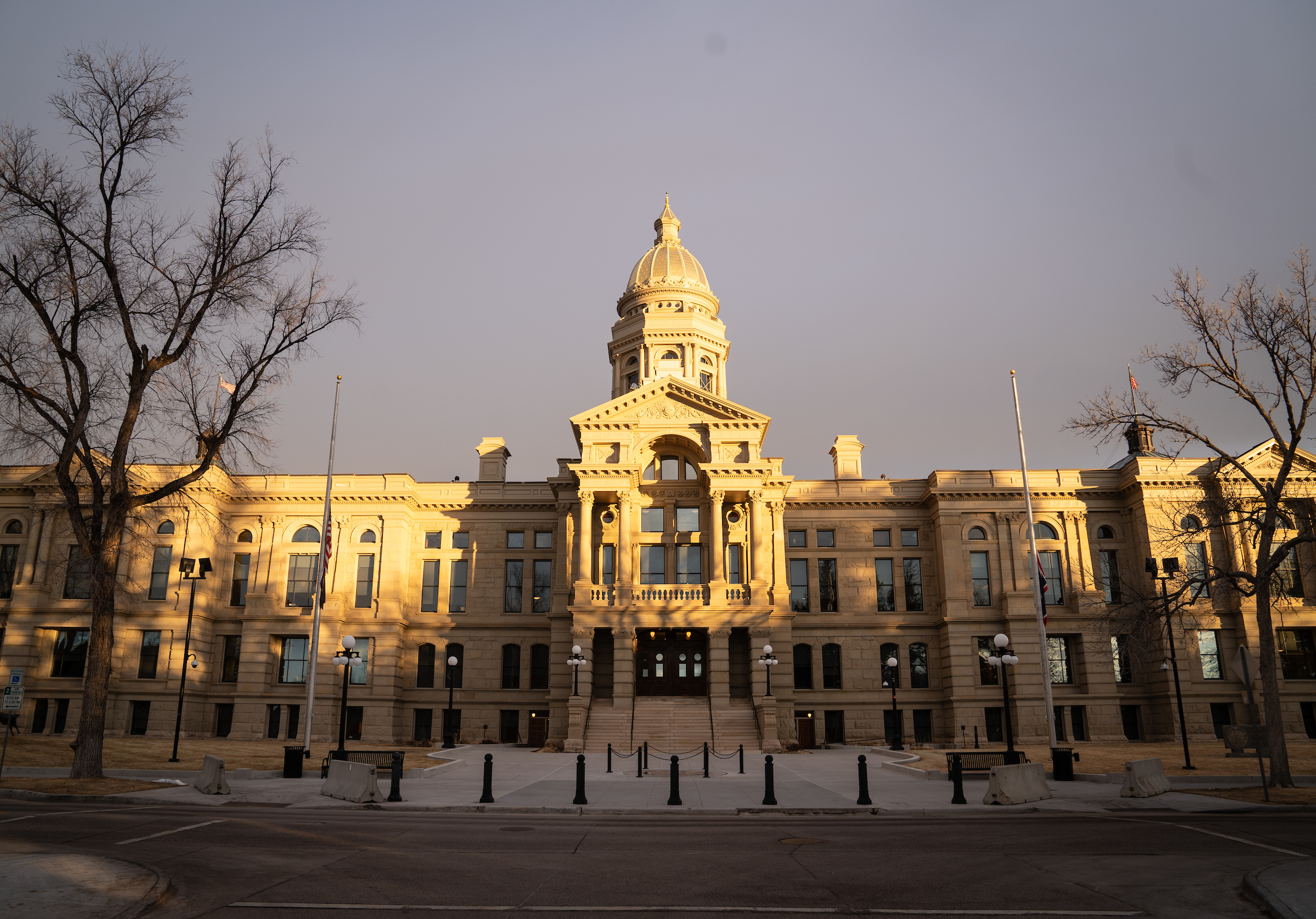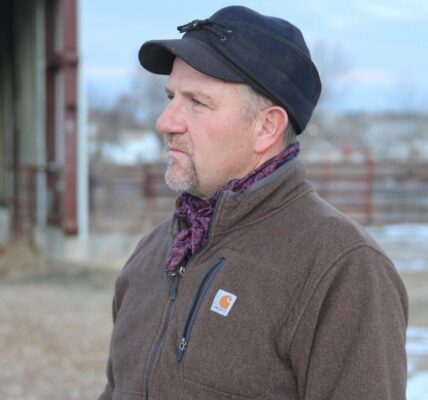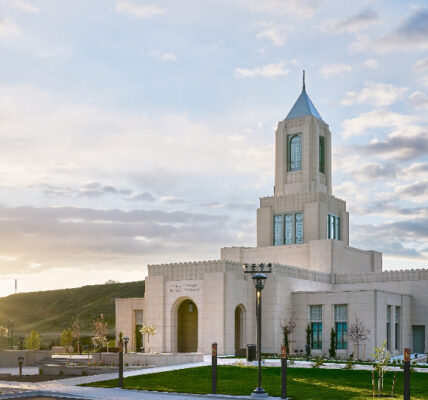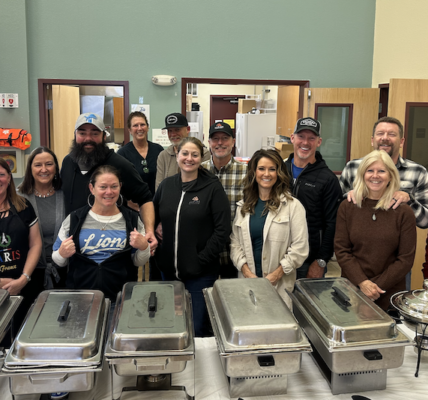
By Hannah Shields
Wyoming Tribune Eagle
Via- Wyoming News Exchange
CHEYENNE — The state’s top elected officials took public comment Monday on rules proposed by the State Construction Department for allowing the concealed carry of firearms within the Capitol extension.
However, relatively few people showed up to testify — public testimony barely took up an hour of the scheduled two-hour event, which was scheduled from 4 to 6 p.m. Nearly half of those who testified were Wyoming lawmakers — all of whom were in support of allowing concealed carry.
The State Building Commission met to review rule changes proposed by the State Construction Department that would allow concealed carry in the underground corridor that runs between the state Capitol and the Herschler Building.
Members offered to extend the meeting past 6 p.m., but as the scheduled end time approached, online attendance started to decline.
The SBC is made up of the state’s top five elected officials — Gov. Mark Gordon, Secretary of State Chuck Gray, State Auditor Kristi Racines, State Treasurer Curt Meier and Superintendent of Public Instruction Megan Degenfelder.
All of the commission’s ex-officio members — Reps. Bob Nicholas, R-Cheyenne, and Tom Walters, R-Casper; and Sens. Ogden Driskill, R-Devils Tower, and Stephan Pappas, R-Cheyenne — were absent from the meeting.
Before opening the meeting for public comment, Gordon reminded attendees this is a complex issue that requires careful distinction between the three branches of state government. Earlier this year, Gordon vetoed House Bill 125, “Repeal gun free zones and preemption amendments,” which would have repealed all gun-free zones, including in hospitals and school districts.
While supportive of the idea behind the bill, Gordon criticized it as an overstep by the Legislature.
“There are three distinct powers: the judiciary, the executive and the legislative,” Gordon said. “(HB 125) amassed that power solely to the Legislature.”
However, Gordon promised in his veto letter to direct the SBC to look at lifting gun-free zones in state buildings and facilities operated by the executive branch. The SCD was directed by the SBC during its April meeting to draft rules that would allow for concealed carry in state-owned buildings operated by the executive branch.
Question of jurisdiction
The rules packet proposed by the SCD on Monday offers definitions of “public,” “security personnel” and the “Capitol extension.”
It was quickly noticed by members of the commission that legislators were excluded from the definition of “ public.” State employees in their official capacity and legislators during working hours are excluded from concealed carry, under the proposed definition.
“I wouldn’t want to exclude legislators from being able to exercise this right,” Racines said.
Gordon responded that it was a matter of jurisdiction. He believed it should be up to the Legislature’s Management Council — which is made up of legislative leadership — to decide whether lawmakers should be permitted to carry in the Capitol during working hours.
“What I wanted to make clear was that we have no authority over the legislative changes,” Gordon said. “We can’t grant that — that’s a jurisdictional thing.”
The state Capitol is shared by the executive and legislative branches, without clear cut lines on where legislative jurisdiction ends and executive jurisdiction begins. It all depends on the area of the Capitol in question and the time of year.
Rep. Ben Hornok, R-Cheyenne, who testified in favor of concealed carry, said the Legislature’s passage of HB 125 should indicate that the legislative branch already supports the idea.
“It’s a cumbersome process,” Hornok said. “Our hope is to be able to respect the separation of power, but also come to an agreement that is transparent, understandable and makes all the sense in the world to anybody visiting here.”
Constitutional carry
Gray said the “key difference” between the proposed rule changes and HB 125 is allowing constitutional carry. HB 125 referenced a rule in Wyoming statute that would also allow constitutional carry, but this new set of rules bypassed it.
Constitutional, or open, carry allows Wyoming residents who are legally able to obtain a gun to carry it without a permit, as long as it’s visible. However, specific locations have been exempted from this right.
“That’s a big change,” Gray said. “That’s a huge part of our laws. … What was the province of that change?”
SCD secretary Suzanne Norton told the Wyoming Tribune Eagle via email that HB 125 cited both constitutional carry “in any meeting of a governmental entity or any meeting of the legislature or a committee thereof,” as permitted under current statute, as well as concealed carry in lawful areas.
“That said, we chose to start the conversation utilizing permitted concealed carry to follow the Governor’s stated intent in his veto letter to conduct an open ‘process to reconsider [the SBC’s] rules to allow concealed carry permit holders to exercise their rights within the Capitol and other appropriate state facilities,’” Norton said.
Rep. John Bear, R-Gillette, who chairs the Wyoming Freedom Caucus, echoed Gray’s concern. Bear asked how residents would know that people with a concealed carry permit are allowed to have a firearm in the corridor, but those without such a permit would not.
Norton said there would likely be signage posted on the walls to indicate who is permitted to carry a firearm within the Capitol extension. Sen. Bob Ide, R-Casper, also questioned why the rules would separate concealed carry and constitutional carry.
“I’ve been through the classes for concealed carry. I never went and got the permit, because I think that that’s unconstitutional,” Ide said. “I think separating that out looked almost intentional. … If we go down those roads and start infringing on things that shall not be infringed, we’re going down the wrong path.”
Impeding free speech
On both sides of the extension are rooms where lawmakers hold committee meetings to discuss and work on draft bills. The public, lobbyists and experts often attend these meetings to offer testimony.
Those who testified against lifting gun-free zones in the Capitol extension argued this rule change could intimidate some members of the public and keep them from participating in some of these meetings. Tate Mullen, who testified as a fourth-generation Wyomingite, quoted former Supreme Court Justice Antonin Scalia.
“Like most rights, the Second Amendment is not unlimited,” Mullen read. “It is not a right to keep and carry any weapon whatsoever, in any manner whatsoever and for whatever purpose.”
Mullen said that Scalia recognized the exercise of one right in some places can impede on another. Allowing guns in any part of the Capitol would interrupt the “free flow in exchange of ideas” between lawmakers and the public, he said, where people often get passionate.
“Where there are firearms present, there is the potential that it could impede somebody’s First Amendment right to be able to speak on behalf of their values and their beliefs regarding a number of those positions,” Mullen said.
Since committee meetings are a legislative event, the proposed rules wouldn’t allow concealed weapons into the rooms of the extension, where they are often held.
However, Cheyenne resident Erica Cole said she was worried about the risk of public safety under a number of circumstances, whether it be friendly fire or during a heated debate.
“People in these committee meetings … are discussing sometimes very controversial, emotional topics,” Cole said. “I really don’t feel like a lot of members of the public are going to feel comfortable coming to those committee meetings and expressing their opinions and using their voice if they feel like somebody in the room has a gun.”
Those who testified against allowing concealed carry also argued the Capitol is already a safe place. Semi-retired attorney and Cheyenne resident Larry Wolfe said this is a “good guy-bad guy narrative.”
The good guys are the police, Wolfe said, and the bad guys are people who want to bring guns into the Capitol and put public safety at risk.
“Why would you turn a building that is currently safe into one that is less safe?” Wolfe asked.
Ability to self defend
Cheyenne resident Donald Crerar said people can’t always rely on law enforcement to protect them. He pointed to one Capitol officer standing in the back of the room and questioned how many people the officer could save if someone were to open fire.
“I think that it’s crazy when we hear statements from other people, with all due respect, that we should count on our police,” Crerar said. “It is not the responsibility of law enforcement to go around and protect you. Your freedom and your safety is yours and yours alone.”
Rep. Sarah Penn, R-Lander, recalled a moment during the 2023 legislative session, when a woman “who was clearly mentally unwell” made her way onto the House floor during a meeting.
“We were just finishing up. A lot of people had gone home, and she was ranting and yelling,” Penn said. “I turned to the representative sitting next to me, and I said, ‘If that woman had a gun, we very well may have been dead before we realized she was there.’”
Several lawmakers who spoke during public comment also highlighted their concerns with being exempted from concealed carry, under how the draft rules are written. Rep. Allen Slagle, R-Newcastle, noted it’s a bit of distance between patrolling law enforcement and the chamber gallery.
“If somebody brings a concealed weapon in and starts shooting, it’s a long way up those stairs,” Slagle said.





